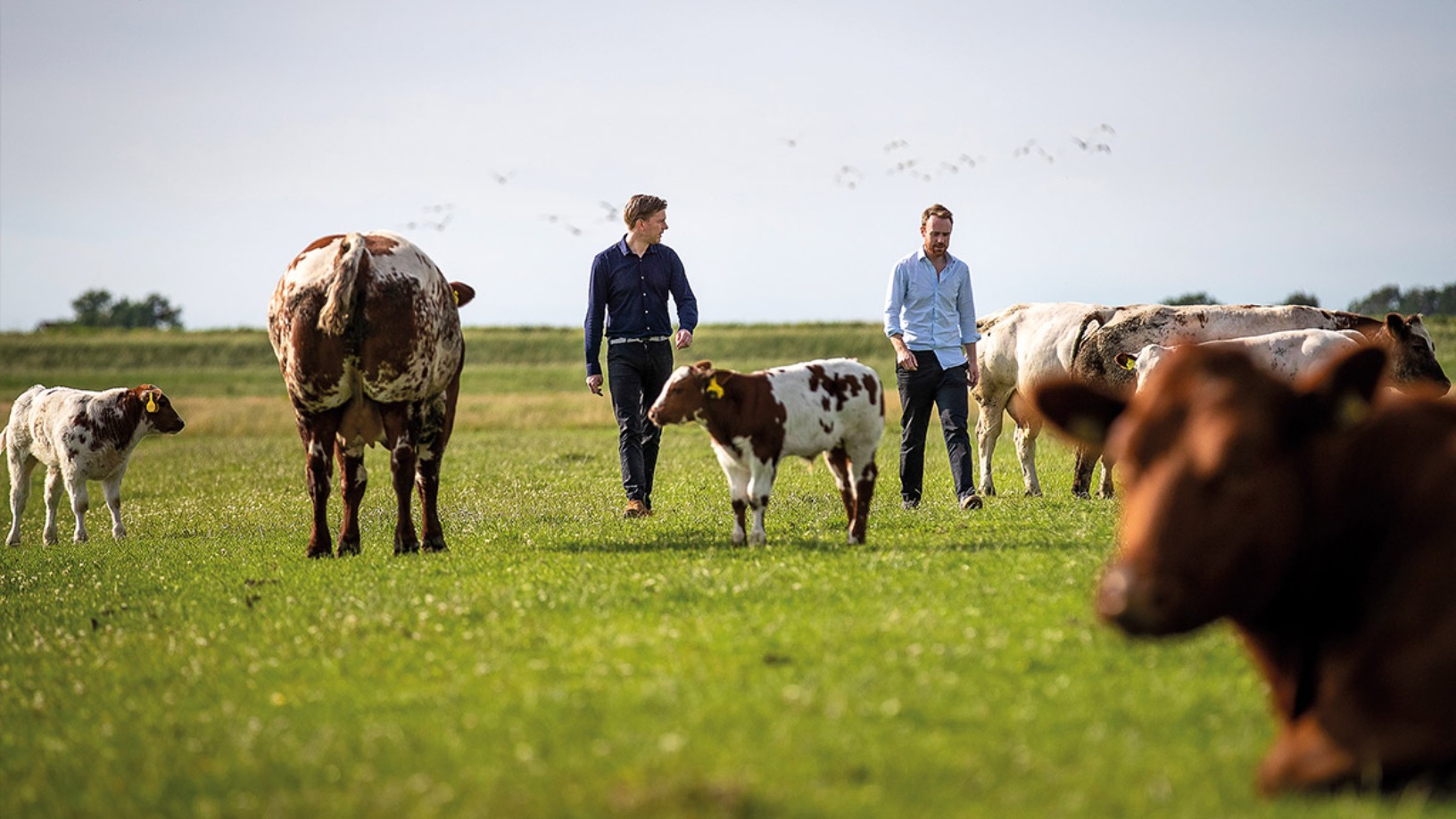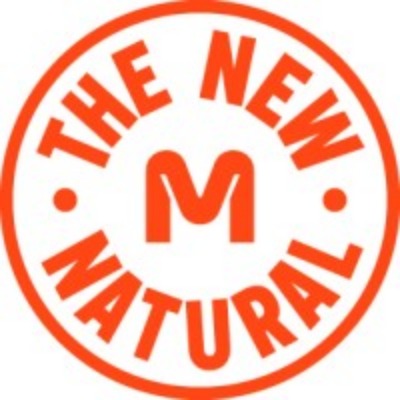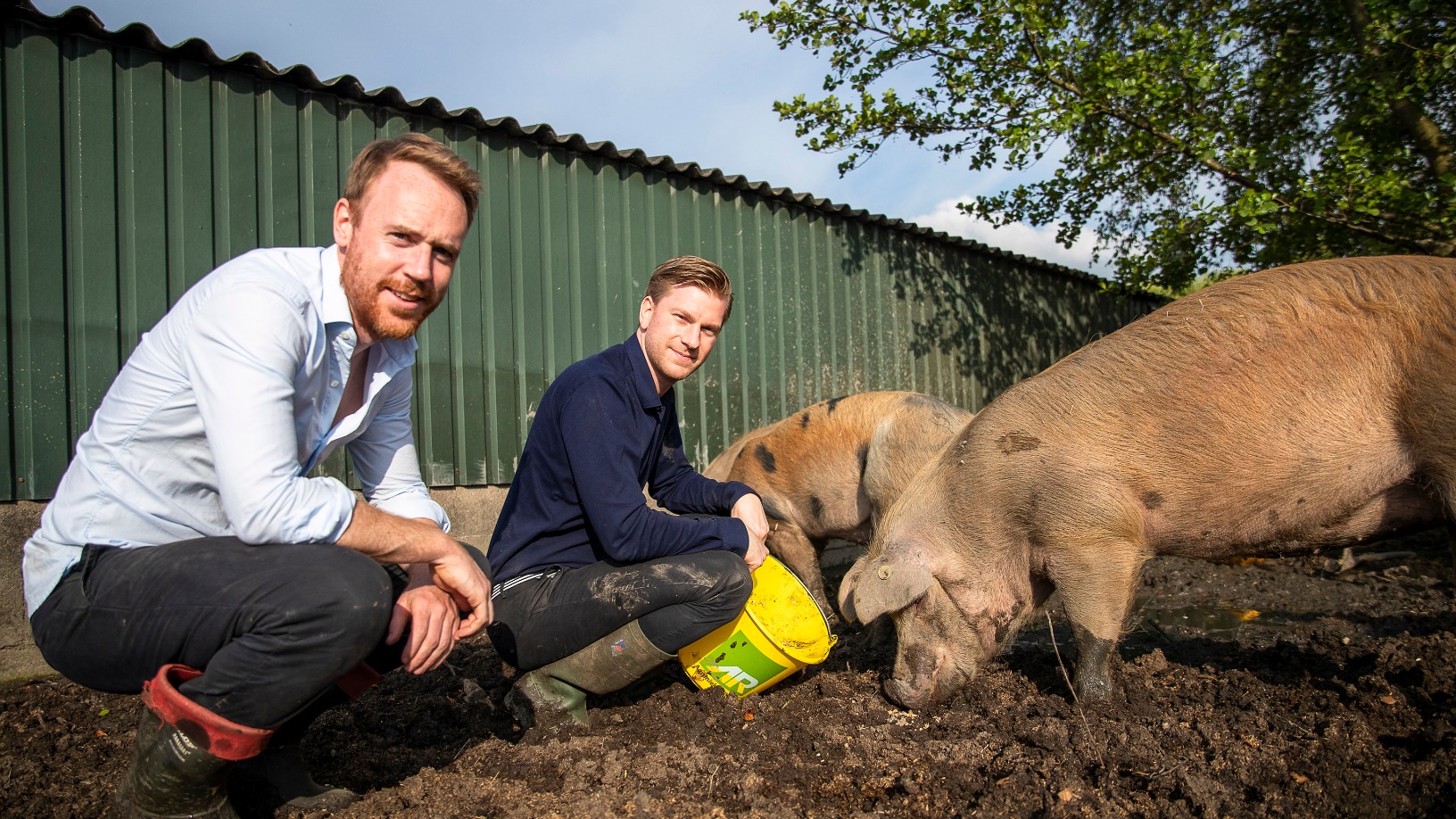Dutch cell-based meat startup Meatable has partnered Royal DSM, the Dutch nutrition and materials multinational, to produce “affordable” growth media for cultivated meat – a move to enable the scaling and commercialization of lab-grown meat technology, the companies said.
“[B]efore cultivated meat will be found in grocery stores around the world, producers are working on scaling up their processes to provide cultivated meat at commercial quantities and at reasonable prices,” Krijn de Nood, CEO and co-founder of Meatable, told CompassList in an emailed statement, responding to queries.
“DSM and Meatable are focusing on growth media and scale-up as a way to make cultivated meat a reality. Redesigning growth media specifically for cultivated meat applications could help achieve the necessary cost-breakthroughs on the road to a commercial product,” he added.
Meatable has long developed OPTi-OX, a game-changing technology permitting meat cells to continually divide, thus enabling scaling of cell production. With a projected commercial product market launch in 2025, the biotech firm raised $47m Series A funding in March this year from a consortium of investors that included DSM Venturing, the CVC arm of Royal DSM.
Growth media are nutrient-packed solutions that meat cells require in order to grow and are currently responsible for around 50–90% of cell-based meat's production costs, Meatable said. The company currently uses its own growth medium, replacing Essential 8 (E8), which it previously used as an animal-free alternative to Fetal Bovine Serum (FBS).
“The solution we [Meatable and DSM] are now working on together will also be animal-free, for a simple reason: we’re committed to making meat without causing any harm at all to animals,” de Nood said. “So we’ve developed a production process that doesn’t require FBS or harming animals in any way.”
He noted: “Many of the existing growth media are pharma-grade growth media, with a purity level that isn’t required in cultivated meat production.”
Produced by Thermo Fisher Scientific, E8 doesn’t come cheap – at a current retail price of €264 per 500ml – and over one liter of the medium is required to produce just one cell-based burger for now. It’s still too early to tell how the Meatable-DSM medium might compare with E8 in production results, de Nood said when asked. He declined to comment on projected development timelines for their growth media.
Founded by de Nood, an ex-McKinsey consultant, CTO Daan Luining, who co-developed the world’s first cell-based burger, and Mark Kotter, principal inventor of OPTi-OX, Meatable is among a slew of players engaged in a race to drive down cell-based meat's production costs.
It joins fellow Dutch startup Mosa Meat and US unicorn Eat JUST, which is the first to commercialize a cell-based product with its Good Meat cultured chicken entree. With prices coming in at about $15 per unit though, they are still too costly to convince consumers to make the switch from traditional meat.
A 23,000-strong multinational with annual sales of approximately €10bn, Royal DSM is one of the world’s leading producers of essential nutrients like vitamins, carotenoids, nutraceuticals and nutritional lipids.
“Our commitment goes way beyond investing in Meatable through DSM Venturing: With this joint development agreement DSM will contribute its unique competencies in biotechnology, such as fermentation, analysis and production scale-up to help make the science of cultivated meat a reality,” Wim Klop, Vice President of DSM Biotechnology Center, said in a separate statement.
Besides reducing costs, DSM and Meatable will also focus on further developing the meat-like taste and texture of cell-based meat in order to promote its public take-up. As people continue to consume meat, food producers are expected to meet the protein needs of a 10bn -plus world population in 2050.
Fighting climate change is another major driver. According to research published in the journal Nature Food just this month, meat production is responsible for nearly 60% of greenhouse gas emissions emanating from global food production, a sector that in itself is responsible for 35% of all global emissions.
Plant-based food cultivation also contributes almost half as much to global emissions as meat production does, according to the study. Plant-based meat substitutes are currently largely soy-based, a foodstuff that is itself a major cause of deforestation, though mainly when grown as animal feed.
Recent research in Singapore, the only country in the world so far to approve the sale of lab-grown meat, and where Eat JUST launched its cell-based chicken product, revealed how important low pricing will be to cell-based meat's commercial success. Last year, researchers from Singapore's Clinical Nutrition Research Centre (CNRC), the Agency for Science, Technology and Research (A*STAR), and the Singapore Institute for Food and Biotechnology Innovation (SIFBI) found that consumers were less willing to pay the same premium for cultured meat products than plant-based meat substitutes.
This was because of the perception that “cultured meat products are expected to be cheaper since they are produced in a laboratory to meet increased global demand for protein,” despite their production costs actually being higher than plant-based or real meat.
















